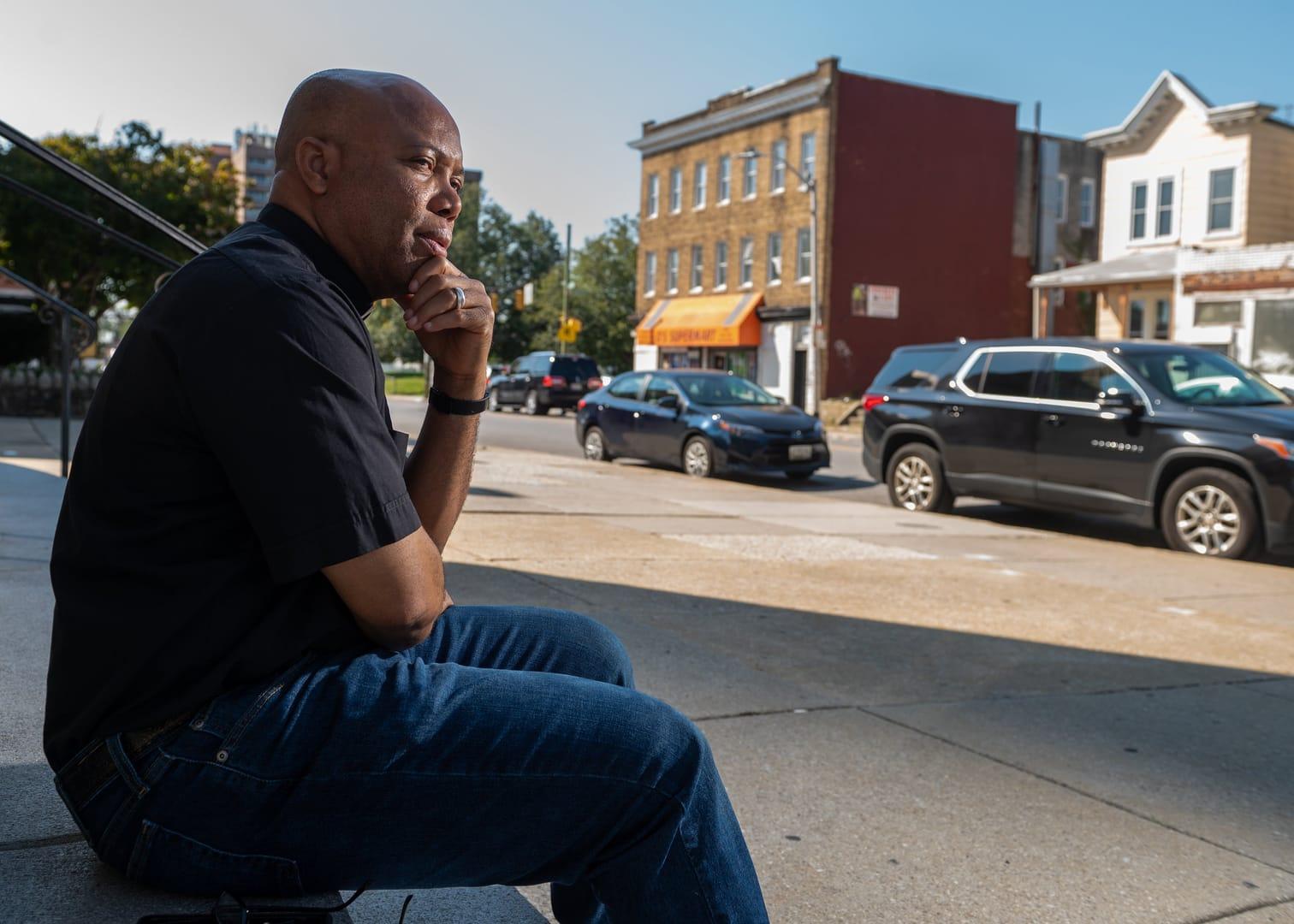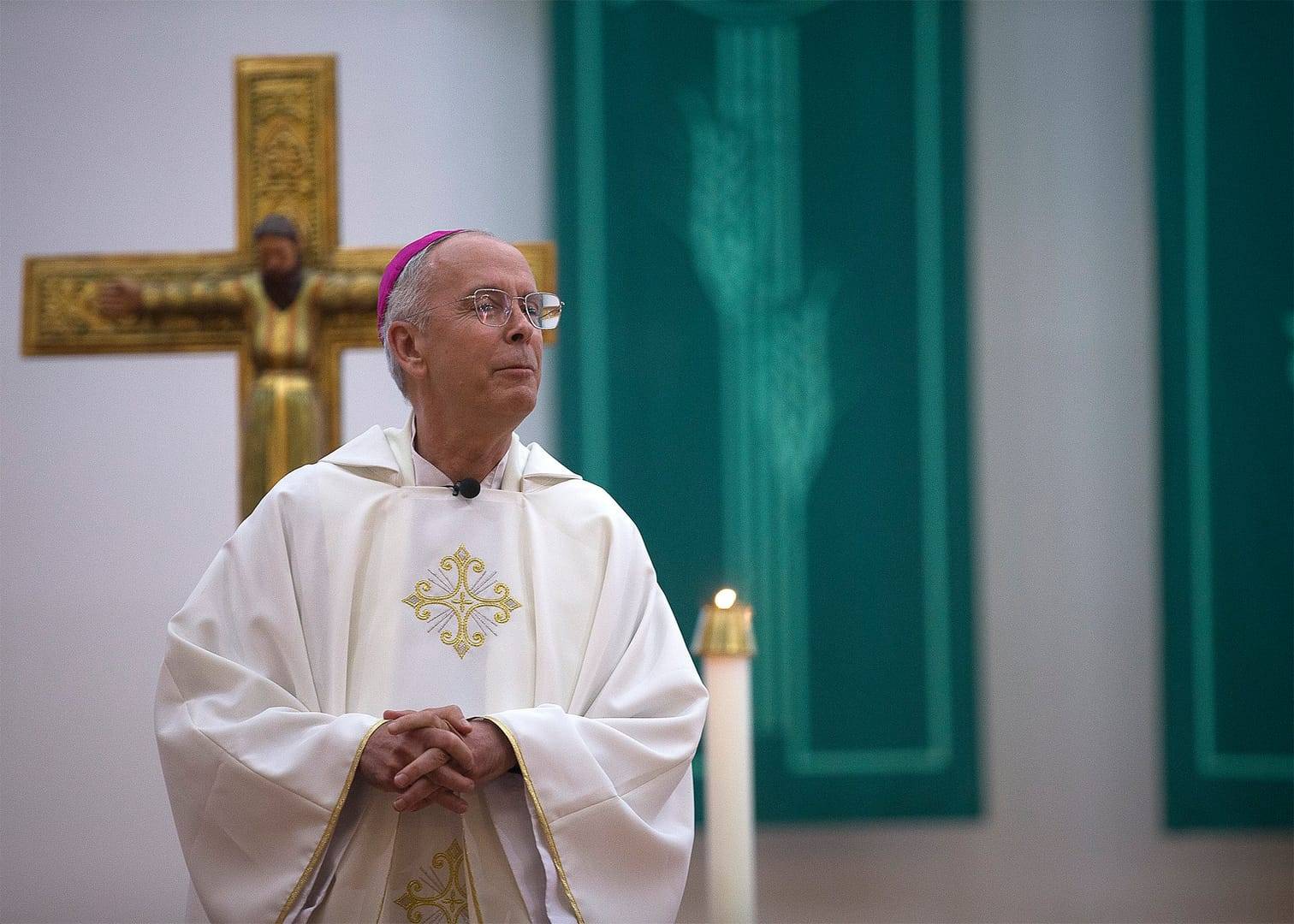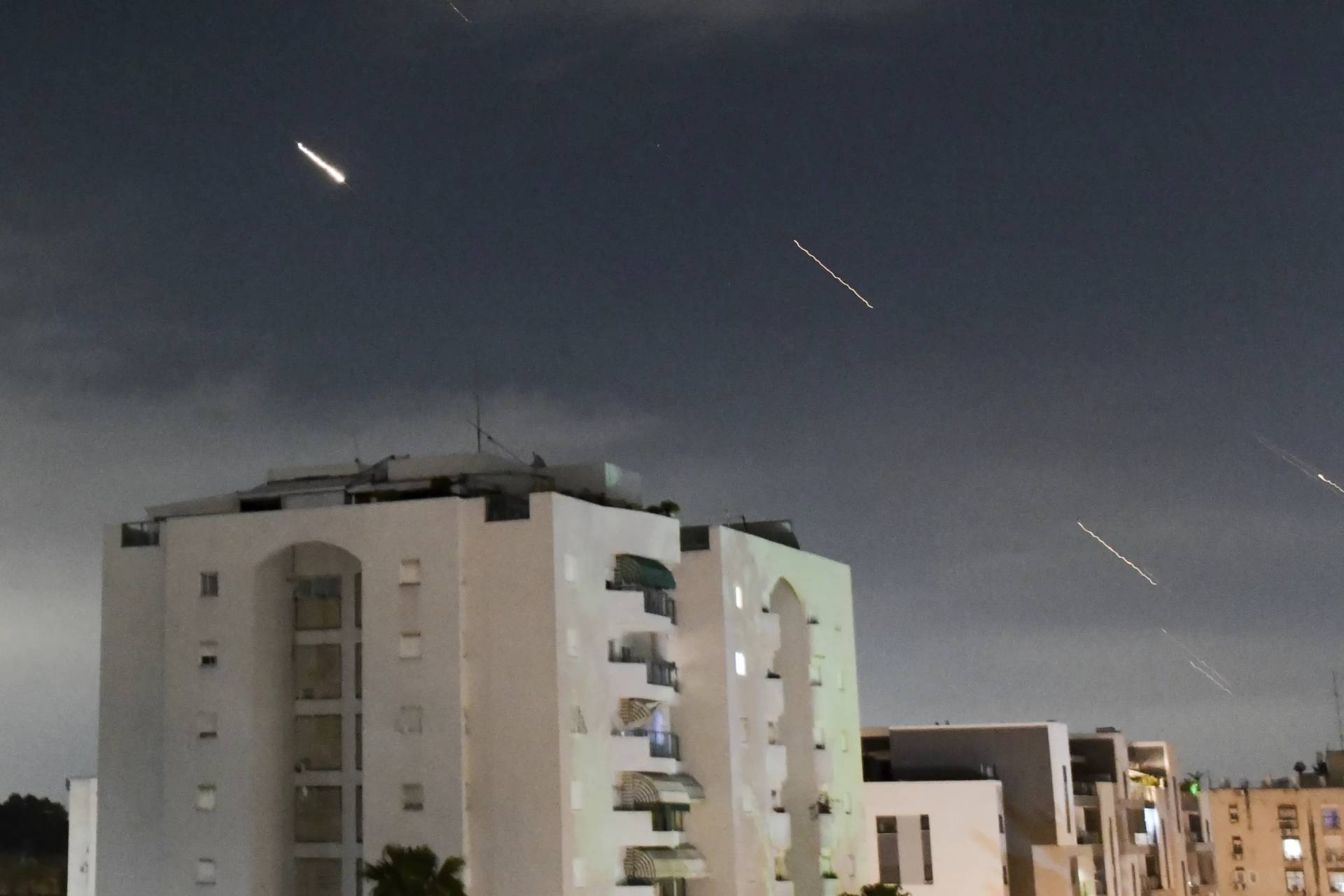NEW YORK – Archbishop William Lori of Baltimore hasn’t ruled out the possibility that some Baltimore parishes could close at the end of a new initiative to reimagine Catholic life in the city, but he has committed to a two-year synodal-based listening process before any decisions are made.
Lori announced the new initiative “Seek the City to Come” on Sept. 29.
Speaking to Crux about the timing of the announcement, Lori acknowledged that changing demographics and a declining Catholic population in the city were both factors in the decision, as well as the COVID-19 pandemic that “had a disproportionate effect on a number of city parishes.”
Sixty two of the archdiocese’s 147 parishes – 47 in Baltimore City and 15 outside city parishes – are involved in the initiative. According to archdiocesan data, pre-pandemic 20 percent of city pews were filled for Mass and now only about 9 percent are filled. There are also less than 5,000 registered Catholics in the city, down from about 30,000 in the 1990’s, the archdiocese’s data shows.
“The demographics have changed. With that the number of Catholics in the city have changed,” Lori said. “Many people still support city parishes, but nonetheless there have been a sufficient number of important and significant changes in the city of Baltimore that a comprehensive process seemed appropriate.”
Geri Royale Byrd, who is leading and facilitating the effort for the archdiocese alongside Auxiliary Bishop Bruce Lewandowski, told Crux that the initiative has three phases: A roughly two-year-long listening phase, followed by envisioning and discernment phases that will take four to six months each.
The listening phase includes parish visits to all 62 churches that are involved, multiple Zoom and telephone conferences, and opportunities for parishioners to provide written feedback through paper, digital and electronic surveys, and comment submissions on the archdiocese’s website, Byrd said.
“These parish visits to all 62 structures will give us more opportunities to speak with pastors, parish leadership, and parishioners, to really gain some insight into what their unique gifts are because we really have diverse communities of parishes and each one of them does something great and we want to know what you do great, what you do best, and what things does your community actually need?” she said.
Lori credited Pope Francis’s emphasis on synodality for some of the inspiration to this synodal approach to the initiative, calling the synodal process “a great gift” that the archdiocese recognized through the diocesan synod phase, noting that the archdiocese will now incorporate that approach into the new initiative. He emphasized that they would allow the process to play out before any decisions are made.
“No decisions whatsoever have been made,” Lori said. “I think that it’s fair to say that at the end of this process our footprint will be different, but we’re going to allow the conversations and the discernment, and the envisioning to proceed before we reach any kind of decision.”
The archbishop added that the archdiocese’s Catholic schools will not be affected by the initiative, as has happened in other dioceses that have taken on these kinds of initiatives. There are currently six archdiocesan schools in Baltimore City that have an enrollment of 1,763.
The last time the archdiocese embarked on this kind of initiative was in 2016, after Lori published his first pastoral letter in Baltimore, “A Light Brightly Visible: Lighting a Path to Missionary Discipleship.” The result of that initiative was the development of a number of pastorates – bringing parishes together and having them pull their resources together “with the belief that when we work together, we are better equipped to engage in mission.”
“Those things have worked well … but I think we need to do something deeper and more comprehensive,” said Lori, expanding on why it was time for another initiative.
One key piece of the new “Seek the City to Come” initiative will be evangelization. Lori said, “baked into the whole plan,” in particular the listening sessions, is the question of what it will take to evangelize in the Baltimore neighborhoods that have parishes, how to staff them, and the kinds of services that are needed.
The archbishop added that those in the archdiocese who fear this process will close their home parish, as similar processes and consolidation efforts in other dioceses have done, but can trust that their voices will be heard and considered before any decisions are made.
“What would mean the world to me is that as many of our parishioners participate in the process as possible,” Lori said. “This is not something that will be done to them; it is something that will be done together so I would happily invite participation in the process at the parish level and beyond.”
Follow John Lavenburg on Twitter: @johnlavenburg















